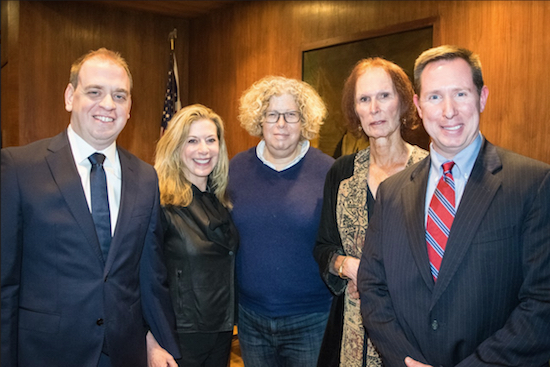Brooklyn Women’s Bar Association CLE looks at impact of groundbreaking transgender rights case

The Brooklyn Women’s Bar Association (BWBA) invited a few attorneys and Dr. Renee Richards herself for a Continuing Legal Education (CLE) seminar on the importance of her landmark case involving transgender rights at the Brooklyn Bar Association on Monday.
“This is one of the most interesting programs we’ve had and we’re grateful for a tremendous turnout,” said BWBA President Michele Mirman.
Richards was joined on a panel that included BWBA trustee John F.K. Coffey, Matthew Skinner, executive director of the Richard C. Failla LGBTQ Commission of the NY Courts, and Jillian T. Weiss, the former executive director of the Transgender Legal Defense and Education Fund.

Brooklyn Boro
View MoreNew York City’s most populous borough, Brooklyn, is home to nearly 2.6 million residents. If Brooklyn were an independent city it would be the fourth largest city in the United States. While Brooklyn has become the epitome of ‘cool and hip’ in recent years, for those that were born here, raised families here and improved communities over the years, Brooklyn has never been ‘uncool’.